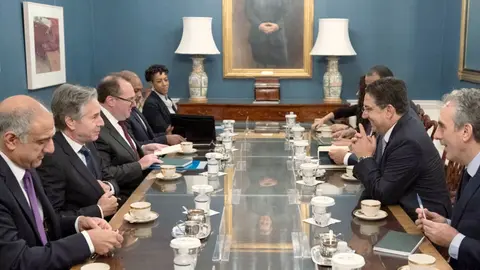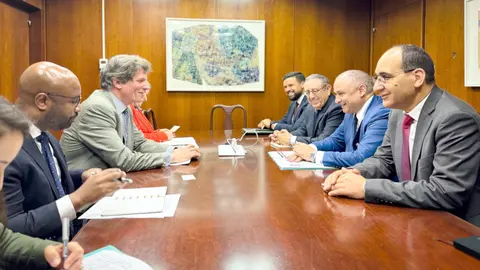Morocco looks forward to Donald Trump's return to the White House
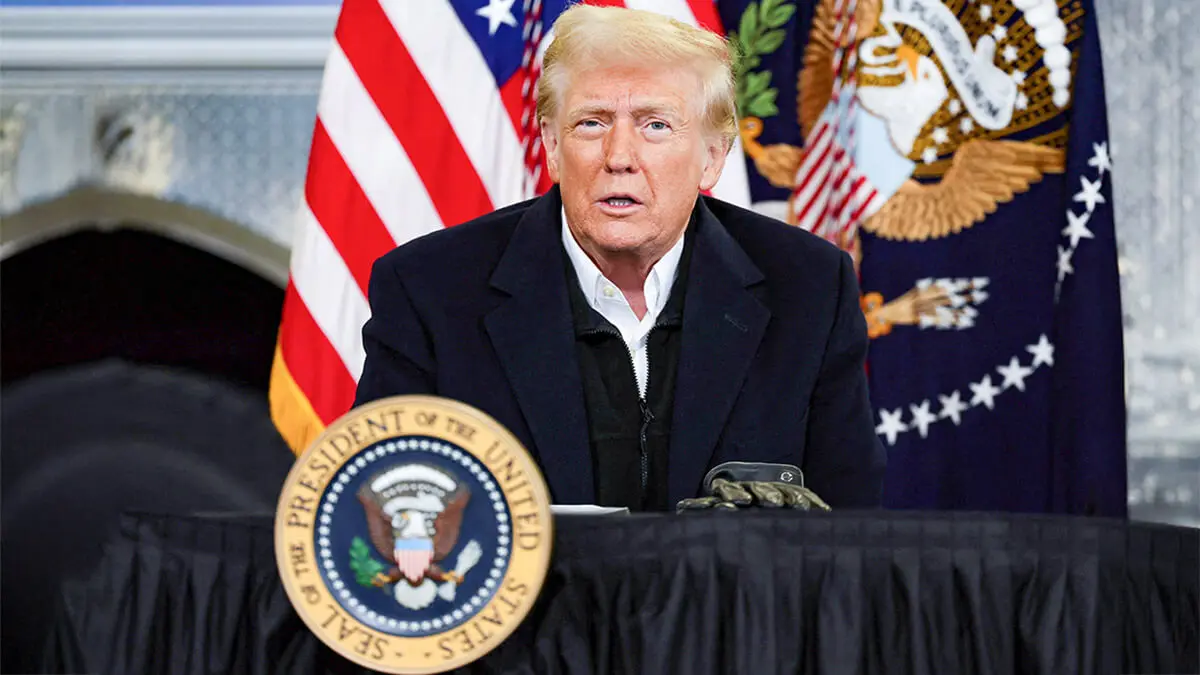
- Morocco, a strategic US ally outside NATO
- Consulate in Dakhla
- Hispanic-Moroccan relations in the face of US pressure
- Morocco facing the Israel-Palestine dilemma
After having made significant progress during Donald Trump's first term, Morocco wants to guarantee the sustainability of the political and economic benefits derived from being a strategic partner of the United States in North Africa. In this sense, Trump's return to the White House constitutes a new opportunity to strengthen Moroccan-American relations.
Relations that have developed significantly in recent years, thanks to the support of US President Donald Trump, at the end of his first term, for the Moroccan solution for the sovereignty of Western Sahara, as the official position of the United States.
This stance, which is extremely important for definitively resolving the dispute over Western Sahara, reflects the will of both parties to consolidate their economic, political and diplomatic relations, which have more than two centuries of history. Today, the North African country is seeking to deepen these relations in order to continue on its path towards progress and prosperity for the southern territories.
Diplomatic relations between the Alaouite Kingdom and the United States are among the oldest in the world, dating back to 1777, when Morocco was the first country to recognise the United States of America after its declaration of independence. These ties have evolved over time in various fields such as diplomacy, politics, economics, defence and culture.
Morocco, a strategic US ally outside NATO
In his first term, the Trump Administration recognised Morocco's sovereignty over Western Sahara as part of the normalisation agreements between Morocco and Israel. In his second term, Trump is expected to continue this support to strengthen his alliance with the North African country, his most important strategic ally outside NATO.
One of the most important areas of this alliance is military cooperation with Morocco, especially in the fight against terrorism and the security of the Sahel. The alliance with Morocco is key for the United States to maintain regional stability, which requires greater military assistance and advanced technology.
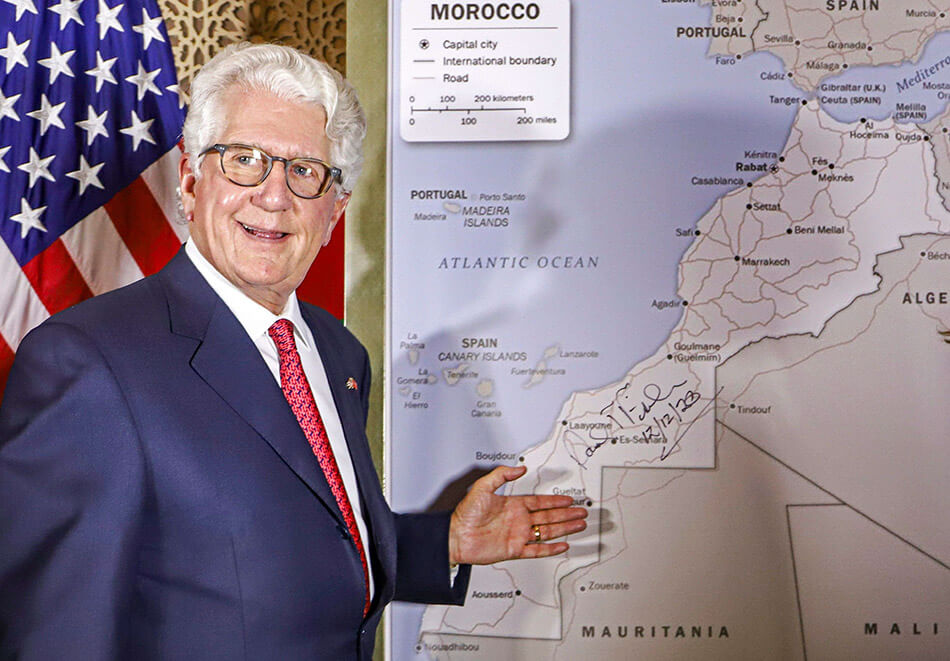
In parallel with this military cooperation, both countries intend to boost bilateral trade and US investment in Morocco, particularly in strategic sectors such as renewable energy and industry. In this sense, the North African country is the gateway to the continent for companies and, through the new Investment Charter and the royal initiative called Atlantic Facade, it seeks to attract large US investments to the country.
In the context of international competition intensifying in Africa, the Trump administration can count on Morocco as a strategic partner and African leader in several sectors, to reduce the influence of China and Russia on the continent. Morocco's geographical position and its close relations with African countries allow it to play a key role in this regard, thus reinforcing its position as a regional partner of the United States.
In economic and development matters, Morocco has committed to strengthening alliances with the United States through the signing of various economic and trade agreements, such as the Free Trade Agreement, which came into force in 2006. In addition, cooperation in the field of education and cultural exchanges between the two countries have undergone significant development in recent years.
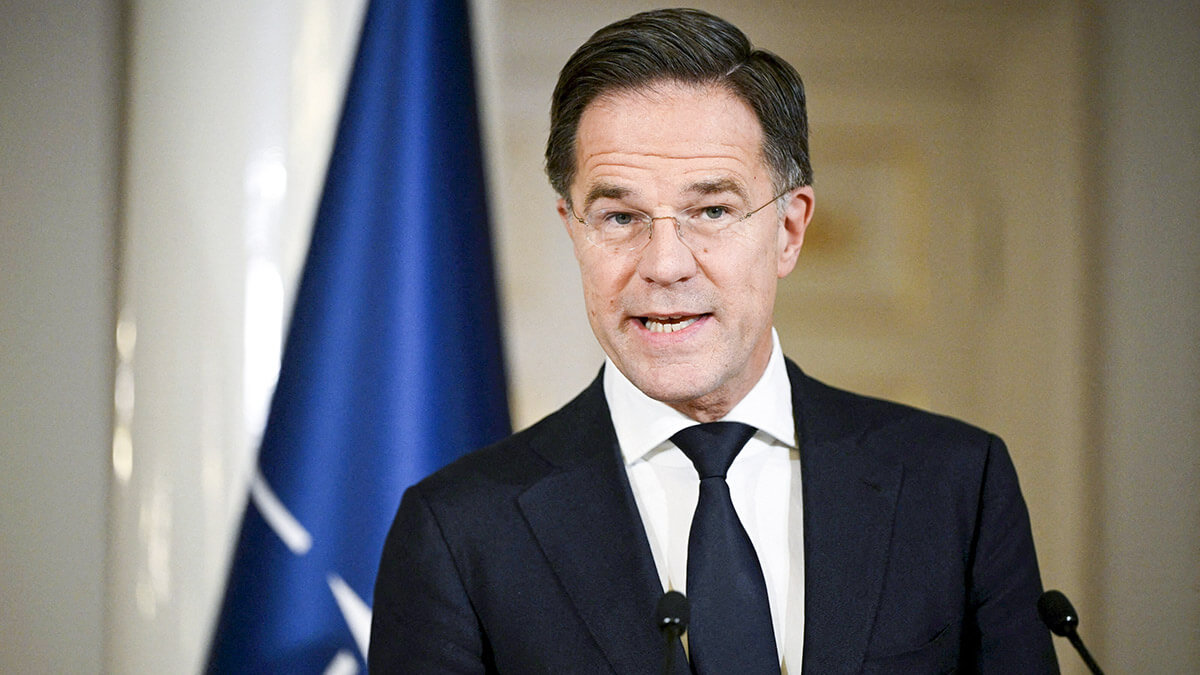
Consulate in Dakhla
Trump's return to power is a new opportunity for Morocco to strengthen its position towards a definitive solution to the Western Sahara conflict. The Moroccan government hopes that US support will help consolidate its diplomatic achievements in the face of tensions with Algeria, which supports the Polisario Front.
Despite the fact that the administration of former Democratic President Joe Biden did not activate the decision of the previous Trump administration to open a US consulate in Dakhla, the Deputy Assistant Secretary of State for Middle East Affairs, Joy Hood, stated during his visit to Morocco and his meeting with Moroccan Foreign Minister Nasser Bourita that ‘the recognition by the United States of America of the Kingdom's sovereignty over the Sahara remains unchanged’.
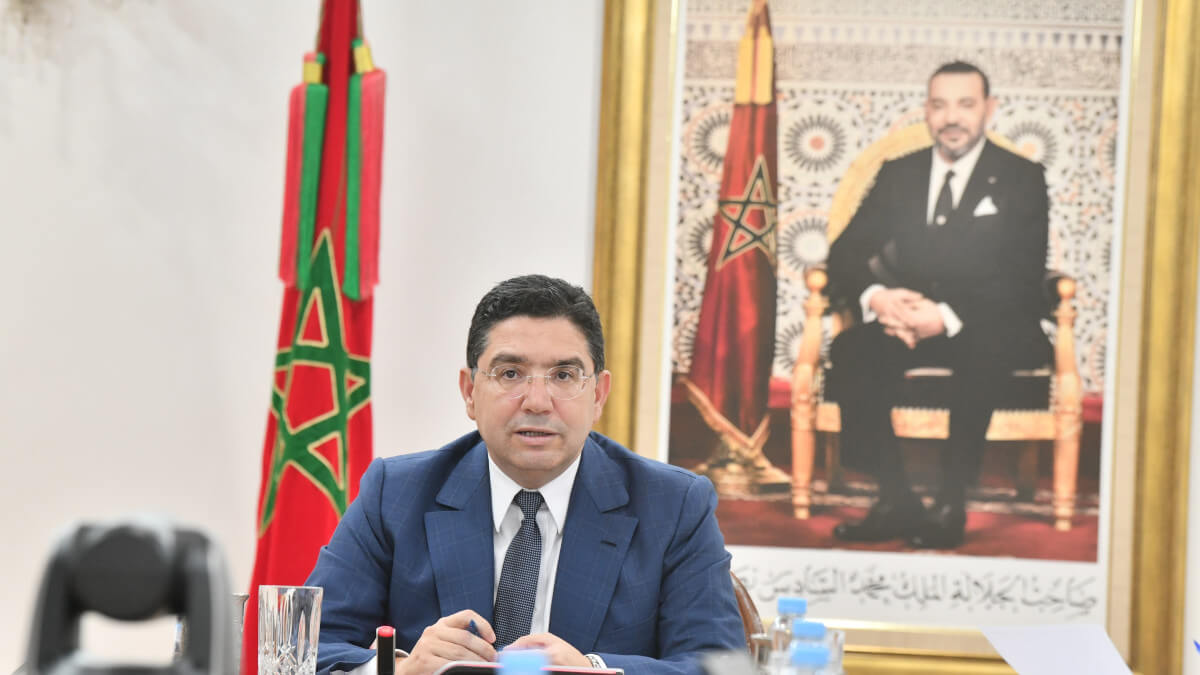
The recognition of the Moroccan position on the Sahara by the President of the United States, Donald Trump, represented a very important event and a milestone in the history of relations between the two countries, which are currently seeking to strengthen their economic partnerships.
In fact, the economic factor plays a crucial role in the prompt opening of a US consulate in the southern territories, as a way of making the diplomacy and politics of the US resolution effective.
In this sense, the new president of the United States promised 3 billion dollars for investment projects in Morocco, in parallel with the planned inauguration of an American consulate in Dakhla, which would strengthen the American relationship not only with Morocco, but also with the entire African continent, also taking advantage of everything that King Mohammed VI's Atlantic Facade initiative has to offer.

Hispanic-Moroccan relations in the face of US pressure
During the first days of President Donald Trump's term of office, the animosity towards the European Union in general has become clear and explicit, causing concern in some European countries such as Spain, which fears that the strengthening of the alliance between the United States and Morocco will have an unwanted impact on the regional balance or affect Spanish interests in the region.
There is no doubt that military cooperation between the United States and Morocco has been considerably strengthened. The Spanish edition of the Huffington Post pointed out that this relationship is a ‘source of concern for Spain, which could see a possible threat in Morocco's growing position as an important military force supported by the United States’.
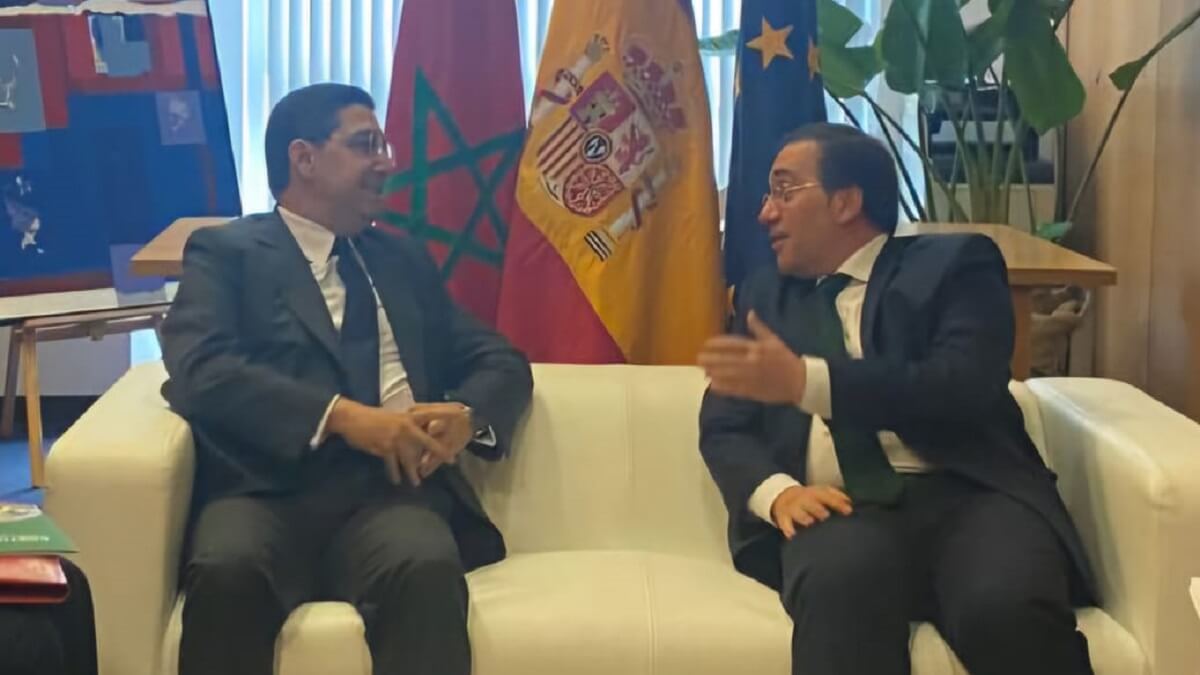
However, the United States is also interested in the quality of Moroccan-Spanish relations as key allies, regardless of possible tensions between them. For this reason, Spanish-Moroccan relations could even enjoy greater advantages under the second term of the new US Administration. It should be remembered that the mediation, through his then Secretary of State, Colin Powell, to resolve the conflict between Spain and Morocco over the Island of Perejil proves the importance of maintaining good bilateral relations between Spain and Morocco for the new Trump Administration.
We must not lose sight of the fact that both countries are important allies of the United States in the fight against terrorism, so the new US administration could reconcile its foreign policies to safeguard the interests of its allies and protect their common interests.
Furthermore, there is no denying the strategic alliance between Morocco, Spain and Portugal for the joint organisation of the 2030 World Cup, which is another factor that will strengthen future economic and cultural relations between Rabat and Madrid.
A common point between Spain and Morocco that could constitute a setback or an object of pressure from the United States is their position on the Palestinian question, particularly the establishment of the Palestinian State with East Jerusalem as its capital, in accordance with international resolutions.
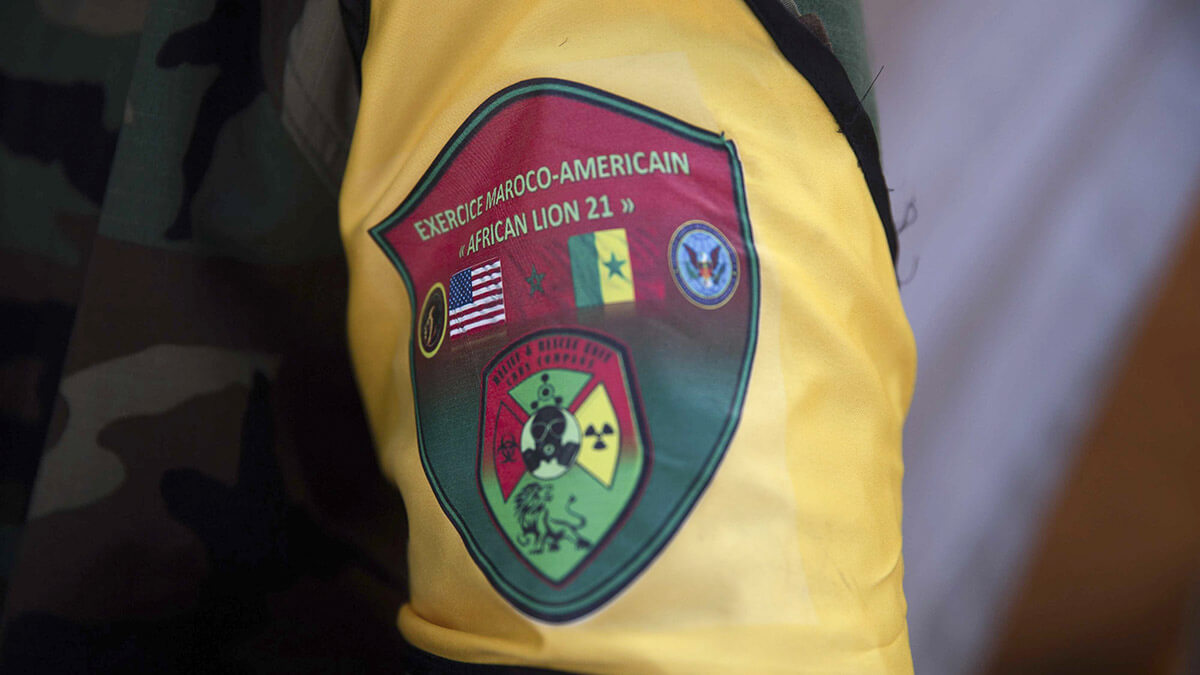
Morocco facing the Israel-Palestine dilemma
Morocco's relationship with the second Trump administration may centre on common strategic issues, such as cooperation on security questions, support for Morocco's sovereignty over the Sahara and strengthening the economic partnership. But if Washington considers that Rabat has reservations about expanding normalisation, relations between Morocco and the US could be called into question.
Although experience has shown that the negotiation of the Abraham Accords, signed by the United States, Morocco and Israel, did not impose costly strategic concessions on the North African country's historical positions towards the Palestinian cause, Trump's return to the presidency could once again put the Alaouite Kingdom before the dilemma of normalisation with Israel on the one hand and the defence of the Palestinian cause on the other.
As for Moroccan-Israeli normalisation, the Trump Administration would not rule out, according to analysts of the current political landscape, pressuring Morocco to take additional steps towards normalisation with Israel, such as exchanging embassies and explicitly promoting economic or political cooperation between the two countries.
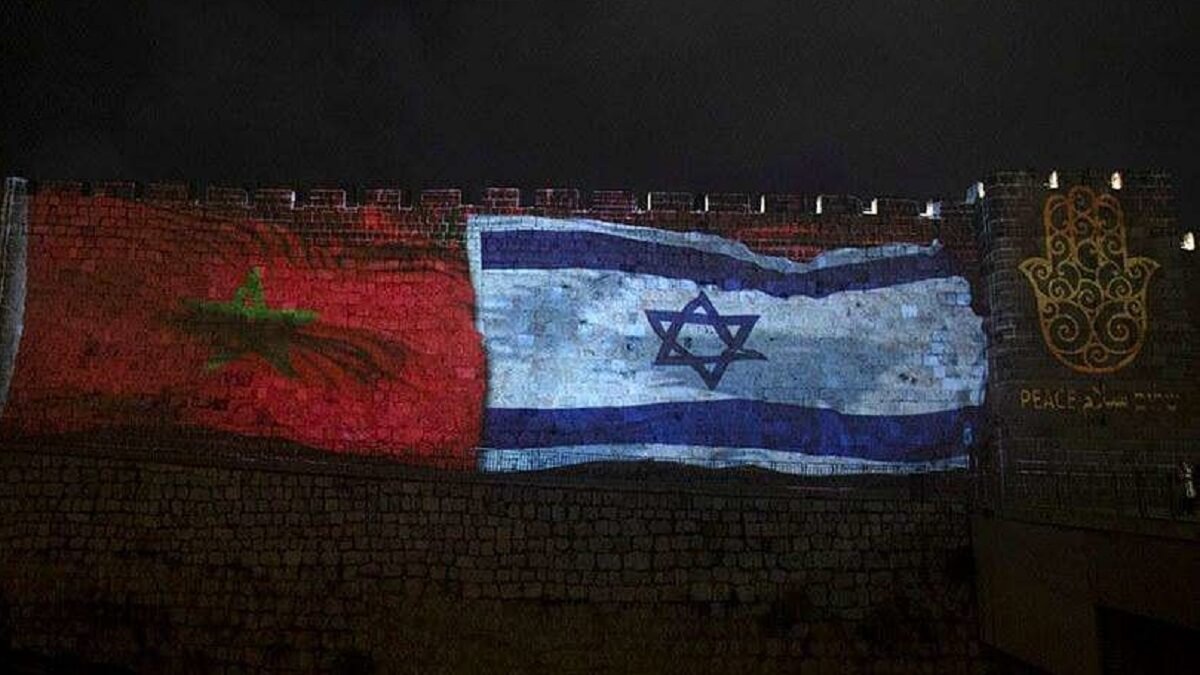
These possible measures are part of a US strategy to strengthen the Abraham Accords and consolidate the Arab-Israeli alliance against Iran. On the other hand, Morocco may benefit from this pressure to obtain additional US support on regional or economic issues.
In this context, Trump is expected to continue pressuring Arab states to strengthen their relations with Israel and promote a broader normalisation involving other Arab states, with economic and military incentives in exchange, to promote the stability that serves the interests of the United States and Israel in the region.
The new US president could try to impose ‘final solutions’ that fully satisfy Israel, such as weakening the role of UNRWA and expanding the recognition of Jerusalem as the capital of Israel, which will deepen the division within the Arab world on the Palestinian question and put pressure on Morocco in its role as a historical defender of the Palestinian cause.

